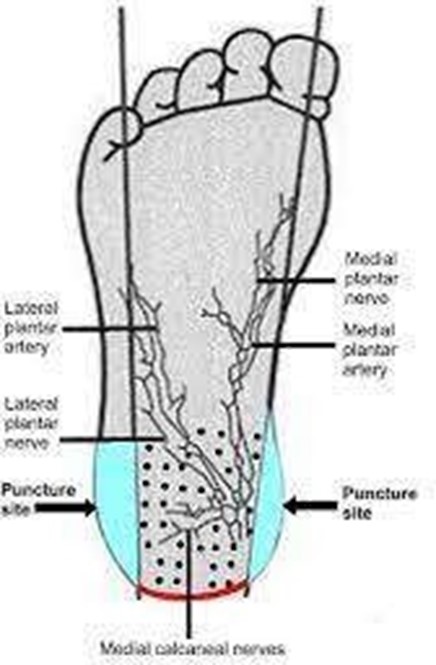A nurse is assessing a client who is at 32 weeks of gestation and is receiving magnesium sulfate via continuous IV infusion.
Which of the following findings should the nurse report to the provider?
Decrease in frequency of contractions.
Urinary output 35 mL/hr.
Absent deep-tendon reflexes.
BP 150/100 mm Hg.
The Correct Answer is C
A nurse should report absent deep-tendon reflexes to the provider when a client is receiving magnesium sulfate via continuous IV infusion.
This is because reduced tendon reflexes can be a side effect of magnesium sulfate use during pregnancy.
Choice A is not correct because a decrease in the frequency of contractions is an expected outcome of magnesium sulfate use as a tocolytic to stop preterm labor.
Choice B is not correct because a urinary output of 35 mL/hr is within the normal range.
Choice D is not correct because an elevated blood pressure is not a known side effect of magnesium sulfate use during pregnancy.
Nursing Test Bank
Naxlex Comprehensive Predictor Exams
Related Questions
Correct Answer is C
Explanation
A nurse caring for a client who is at 36 weeks of gestation and has methicillin- resistant Staphylococcus aureus (MRSA) should initiate Contact Precautions.

Choice A is incorrect because Droplet Precautions are not necessary for MRSA.
Choice B is incorrect because a Protective Environment is not necessary for MRSA.
Choice D is incorrect because Airborne Precautions are not necessary for MRSA.
Correct Answer is B
Explanation
“Use an automatic puncture device on the heel.” This is the most common and minimally invasive method to draw capillary blood from an infant for medical testing.

Choice A is incorrect because the heel should be punctured on the outer aspect of the foot to avoid damaging the calcaneus bone.
Choice C is incorrect because the heel should be cleansed with an alcohol swab
before, not after, the procedure.
Choice D is incorrect because there is no need to place an ice pack on the newborn’s heel before the procedure.
Whether you are a student looking to ace your exams or a practicing nurse seeking to enhance your expertise , our nursing education contents will empower you with the confidence and competence to make a difference in the lives of patients and become a respected leader in the healthcare field.
Visit Naxlex, invest in your future and unlock endless possibilities with our unparalleled nursing education contents today
Report Wrong Answer on the Current Question
Do you disagree with the answer? If yes, what is your expected answer? Explain.
Kindly be descriptive with the issue you are facing.
